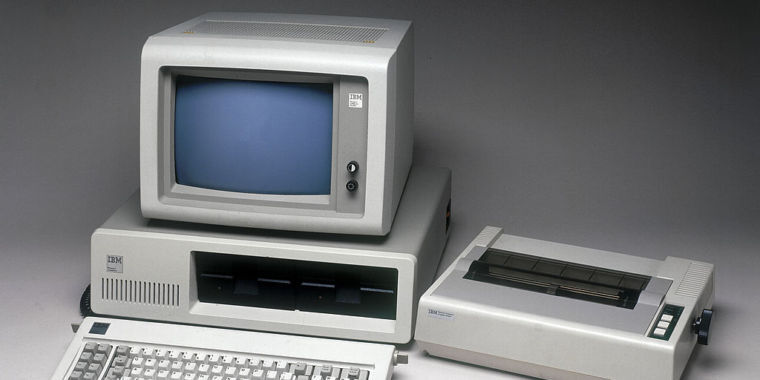Wth… DOS stands for Dirty Operating System : D I would have never known
It doesn’t, though. QDOS was just a joke name used internally. The official name was 86-DOS, with DOS standing for Disk Operating System. It was named as a distinction for the fact it could load from disks (hard and floppy) and also that it supported disk filesystems. Previous generations of operating systems were loaded from tape or other supports and did not use files, so it was an important distinction to make.
To add to this. DOSes existed going back to the 60s. IBM had DOSes for it’s System/360 mainframes back in '64.
Dirty operating system developed at SCP. Sounds almost fictional
This is the best summary I could come up with:
Microsoft’s MS-DOS (and its IBM-branded counterpart, PC DOS) eventually became software juggernauts, powering the vast majority of PCs throughout the '80s and serving as the underpinnings of Windows throughout the '90s.
It began in mid-1980 as QDOS, or “Quick and Dirty Operating System,” the work of developer Tim Paterson at a company called Seattle Computer Products (SCP).
According to the version history available on Wikipedia, this build of 86-DOS would date back to roughly August of 1980, shortly after it lost the “QDOS” moniker.
By late 1980, SCP was sharing version 0.3x of the software with Microsoft, and by early 1981, it was being developed as the primary operating system of the then-secret IBM Personal Computer.
By the middle of 1981, roughly a year after 86-DOS began life as QDOS, Microsoft had purchased the software outright and renamed it MS-DOS.
Microsoft also retained the ability to license the software to other computer manufacturers as MS-DOS, which contributed to the rise of a market of mostly interoperable PC clones.
The original article contains 394 words, the summary contains 168 words. Saved 57%. I’m a bot and I’m open source!



